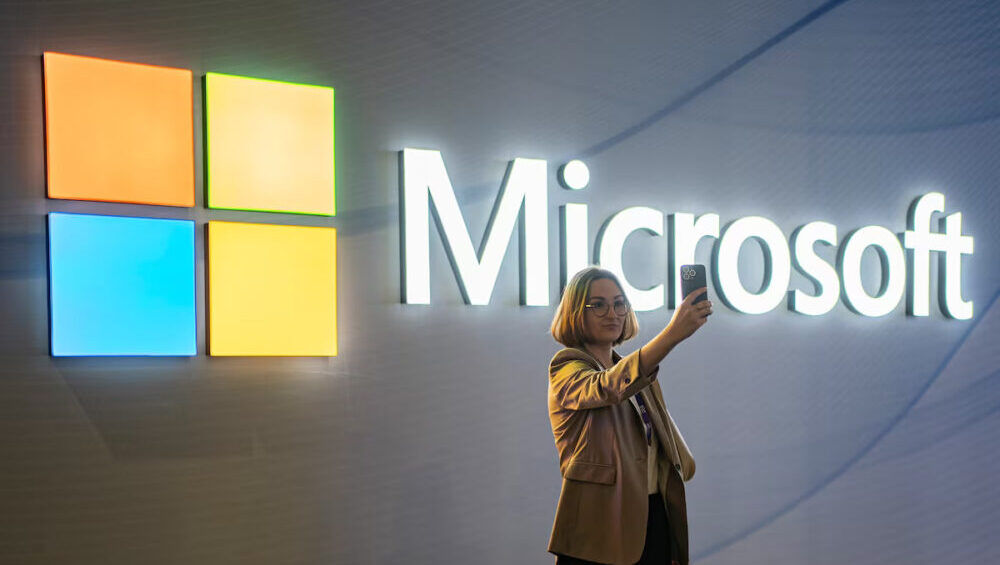French AI startup Mistral recently unveiled a new large language model (LLM) called Mistral Large, which is set to rival OpenAI’s GPT 4. It also announced its own chatbot that makes use of the Mistral Large model and released it to the public with a distribution partnership with Microsoft. However, a critical aspect of this announcement was notably understated.
Microsoft is not only providing distribution to Mistal AI as part of the partnership but has also invested €15 million ($16.3 million) in the startup. This funding is positioned as a supplementary injection to the Series A financing that was previously announced a few months back, essentially serving as an extension of the Series A round. Consequently, this new influx of capital will not affect Mistral AI’s valuation.
Following its latest financing round in December 2023, Mistral AI’s valuation soared to approximately $2 billion. During this round, the company successfully raised €385 million (approximately $415 million), with the Series A investment led by Andreessen Horowitz (a16z). Just a few weeks post-launch, the company had already secured seed funding of $113 million.
During Mistral’s next funding round, the current investment from Microsoft will convert into equity, as per the Windows maker. This arrangement, predicated on the valuation figures from the Series A round, will result in Microsoft holding a stake of less than 1% in the French AI enterprise.
As mentioned earlier, Mistral has recently unveiled its most powerful LLM Mistral Large which is meant to challenge other top-tier players in the industry including GPT 4 and Google’s Gemini Ultra. Unlike Mistral’s smaller AI models, Mistral Large is not open source and is accessible to developers through Mistral’s own API platform.
Since Microsoft is a distribution partner to Mistral, the new AI model is available on Microsoft’s Azure platform. This should help Mistral attract more customers for Mistral Large as Azure is already a well-established platform.
This development further enables Azure customers to integrate Mistral’s models into their operations via Azure’s model catalog. It presents an additional choice for customers keen on staying within the Microsoft ecosystem, alongside the models offered by OpenAI. Moreover, Meta’s Llama models are accessible on Azure, broadening the options for users.






